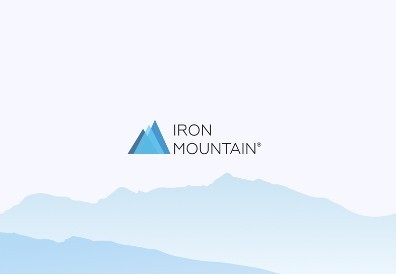Key skills for records managers: cooperating with information governance
Communication is one of the key skills for records managers. Find out how records management and information governance can talk to each other better.

Records management and information governance have a lot in common - but are often at loggerheads. Find out how to communicate better with information governance in your own organisation.
Records management and information governance are interlocking disciplines that share similar goals: to create and enforce a disciplined process of handling records at every stage, from initial acquisition to archive or destruction.
But the pressures on the two groups are different enough to occasionally bring them into conflict. That's why relationship management is becoming one of many key skills for records managers.
Information governance is about strategy, while records management is about execution. Governance creates a framework for controlling information to meet compliance guidelines, minimising legal risk and meeting the information needs of the organisation. Records management executes against that framework.
Where the two can come into conflict is if communication is inadequate or pressures from the business side encourage records managers to skirt the rules. For example, the marketing organisation's interest in keeping years of customer records for analysis may clash with the compliance group's needs to conform to disposal schedules.
Maintaining strong communication channels with information governance gives records managers the confidence and support to keep in line with the rules. Here are a few ways to build that trust:
86% of employees and executives cite lack of collaboration or ineffective communication for workplace failures
https://fierceinc.com/employees-cite-lack-of-collaboration-for-workplace-failures
Get involved with the governance organisation. The scope of the governance group may encompass such divergent departments as information systems, risk management, compliance and legal affairs. It walks a difficult line, seeking to promote harmony between often competing disciplines. Offering to serve on the governance advisory board gives records managers insight into the reasons why guidelines exist and the pressures that the governance function faces. It also offers the opportunity to participate in building the records management framework.
Suggest improvements that make governance easier. Records managers can be the eyes and ears of governance managers. Suggesting improvements that make their jobs easier creates a foundation of trust that pays off in reduced scrutiny and wider latitude.
Document your work thoroughly. Records managers are responsible for carrying through on the guidelines laid out by governance professionals. Keeping thorough records gives them the peace of mind that the rules are being followed and builds upon what should be one of the key skills for records managers.
Communicate a lot. You want to minimise surprises, so keep governance and business stakeholders apprised of activities that concern them, such as plans to transfer records to a secure vault or upcoming destruction schedules. This enhances the perceived value of the records management function and makes compliance with the governance framework easier.
Creating a strong foundation of communication between records management and information governance improves the image of both groups at the executive level. And that's never a bad thing.
Related resources
View More Resources
Helping a global bank optimise and reduce space

Iron Mountain Clean Start®
